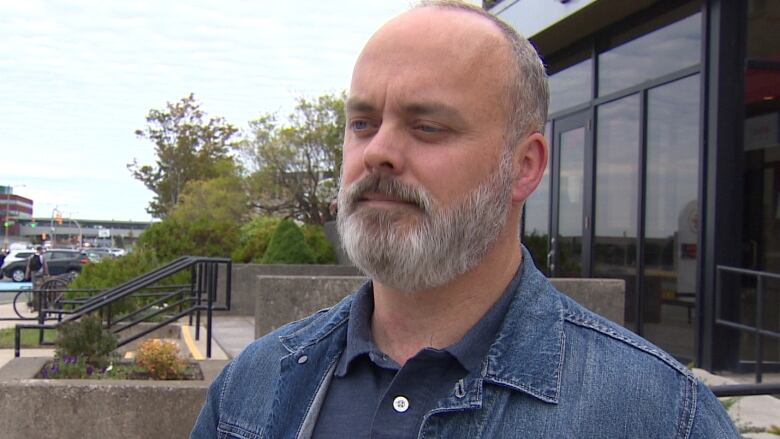No need to vote: Why an acclaimed council threatens local democracy
More acclamation means less democracy

There might be far fewer campaign signs and posters around Newfoundland and Labrador municipalities for this round of elections.
That's because there may be far fewer elections.
"[In 2013] only about 45 per cent of municipalities fewer than half needed a contested election," saidCraig Pollett, CEO ofMunicipalities Newfoundland and Labrador.
"We're expecting it to be a little worse this year."
Many of the province's municipal councils will take power after Sept. 26 without a proper election. That's because many of the seats and sometimes entire councils are being won by acclamation: only one person is running for them.
Problem is getting worse
It's not a new problem, but it's getting worse.
Pollett is used to seeing small rural towns welcome their councils without a race. The news that councils in Branch, Cape St. George and Dover were all acclaimed didn't surprise him.
But what did surprise him is the acclamation in larger centres this year.
Clarenville and Arnold's Cove will usher in their councillors without an election, and the mayors for Torbay and Conception Bay South were both acclaimed.
Even in the more urban Northeast Avalon area, most of the council spots in Logy Bay-Middle Cove-Outer Cove have been won without a contest.
There are bright spots, he said: Stephenville has a healthy lot of candidates, as does Corner Brook. And St. John's has 37 people running, up five from the last election.
"They're the places that are normally the bright spots," he said. "The trend we're seeing is that some of the bright spots have dimmed a little."
"The Clarenvilles of the world, where we normally see a pretty healthy contest, all went in by acclamation. And we're seeing a few more of those than we expected."
Baby boomers retiring
Potential candidates may well be scared off by increasingly complex problems in small towns, said Pollett.
"The regulatory and financial burden to running a council is definitely increasing," he said, pointing out that many towns right now can't find the money for infrastructure to meet federal wastewater regulations.
As well, many of the baby boomers who have sat on these councils for the past 12 or 16 years are all looking to retire and don't want to run again, he said.
In rural Newfoundland and Labrador, there aren't many young people around to take their place.
Uncontested elections contest democracy
Unfortunately, as those problems do get more complex the aging population, the shrinking size of many towns, the infrastructure needs a well-functioning democracy becomes all the more essential, said Pollett.
Are we going to end up with even fewer councils with enough people running? These communities are not going away, and the challenges are not going away.- Craig Pollett
"We need an active democracy and active citizens to solve these problems," he said. "Nobody's coming to solve these problems for these towns;they need to find solutions themselves. One of the ways you do that is by engaging in a healthy debate around policies and direction. That's the role elections play."
He says MNL's main concern with all this is what it means for the future.
"What is it going to look like four years from this coming Sept. 26? Are we going to end up with even fewer councils with enough people running?" he said. "These communities are not going away, and the challenges are not going away.
"[Municipal government is] the closest government to the people. It makes most of the decisions that affect us on a day-to-day basis and it has a huge impact on where communities go in the future. We really do need people involved."
With files from Janelle Kelley












_(720p).jpg)


 OFFICIAL HD MUSIC VIDEO.jpg)
.jpg)



























































































